Aliya Zuberi
Posted on November 22, 2022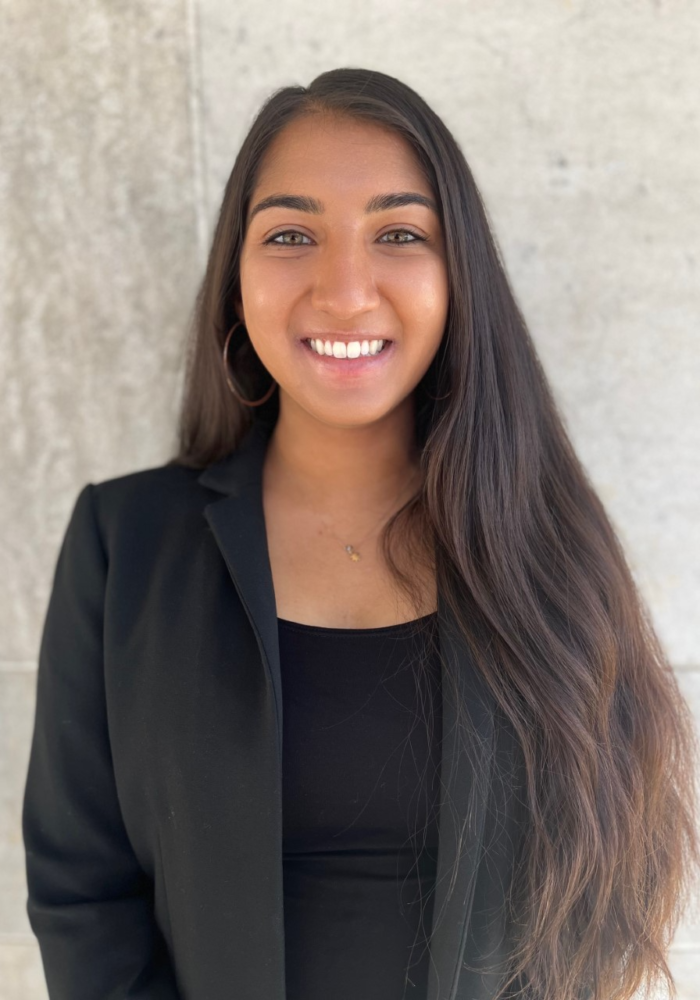
Aliya Zuberi is a 2L at Harvard Law School. She holds a BA in History from Barnard College.

Aliya Zuberi is a 2L at Harvard Law School. She holds a BA in History from Barnard College.
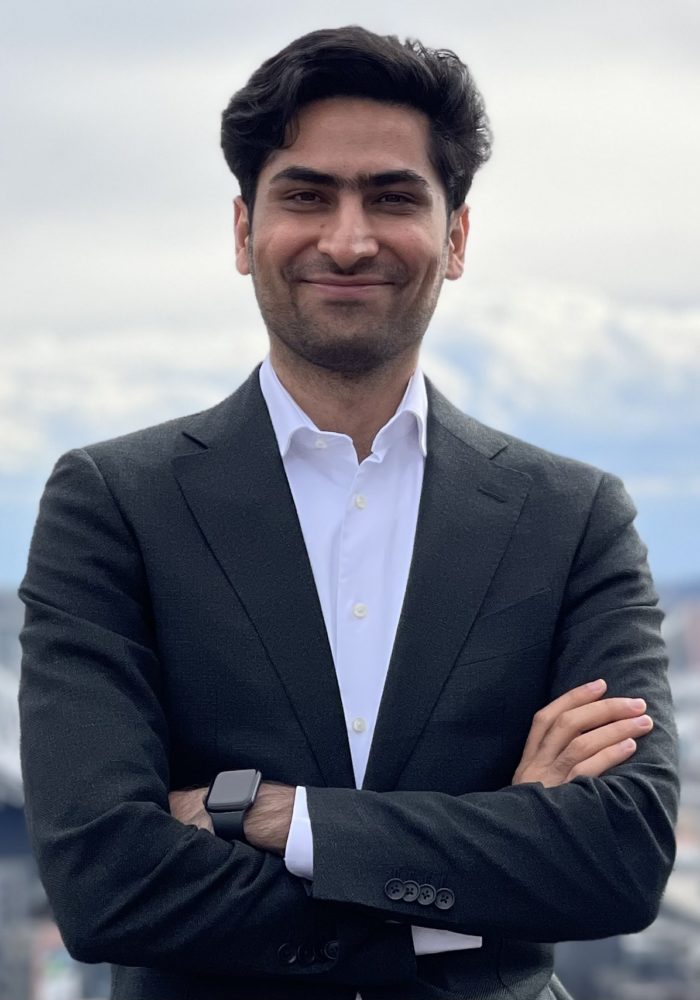
Haroun Rahimi is an Assistant Professor of Law at the American University of Afghanistan and a Visiting Professor of Law at Bocconi University School of Law and is a Global Academy Scholar at MESA.. His research focuses on economic laws, institutional reform, Islamic finance, and divergent conceptions of rule of law in Muslim and modern thoughts, and religious authority, and his research has appeared in reputable local and international journals. Rahimi has also collaborated as an independent consultant with a number of research firms and policy think tanks conducting policy research on institutional development and good governance in the South Asia context. At the Oxford Centre for Islamic Studies, he has worked on Islamic finance as a poverty alleviation strategy, the legal history of Afghanistan, and the ways that legal transplantation is legitimized in Muslim countries.
Rahimi was a visiting scholar at the International Institute for the Unification of Private Law (UNIDROIT) in Rome. He obtained his B.A. in Law from Herat University, his LLM in Global Business Law, and his Ph.D. from the University of Washington.
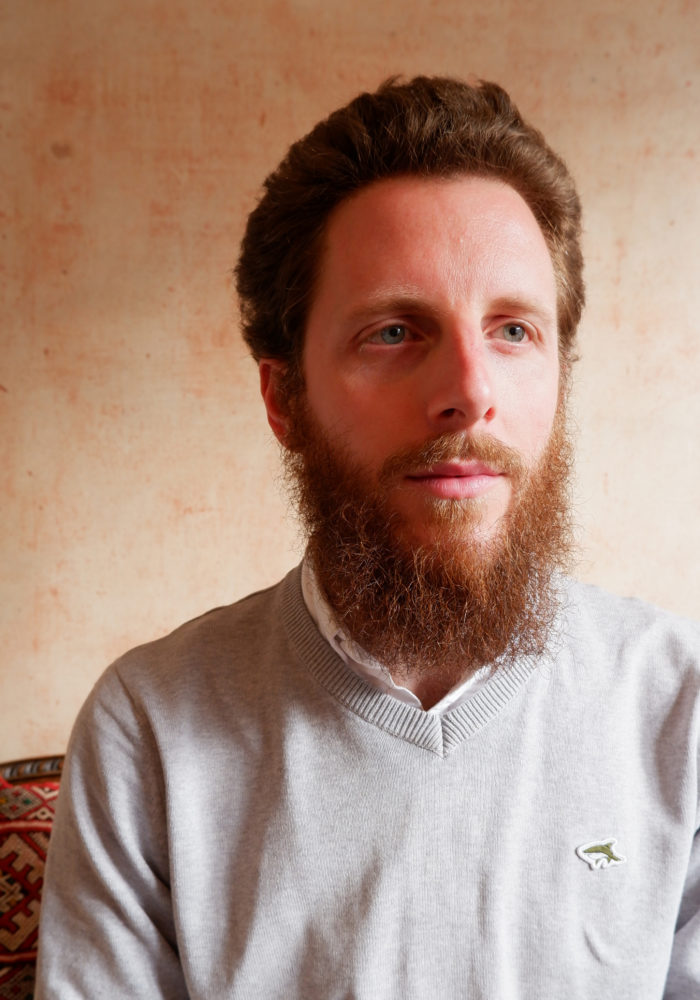
Simon is a Research Editor at the Program in Islamic Law. He has previously worked as part of the Knowledge, Information Technology, and the Arabic Book project at the Aga Khan University, London. He is a specialist in the Qur’an and is particularly interested in its literary aspects, its relationship to early Arabic poetry, and its place in Late Antiquity. His research also applies Digital Humanities methodologies to the study of the Qur’an, and he interested, more broadly, in the digitisation of Arabic texts and the challenges presented by building large-scale digital corpora.
His first monograph, “Revelation in the Qur’an,” investigates the Qur’anic concept of revelation through the roots n-z-l and w-ḥ-y, was published in early 2021 in Brill’s Texts and Studies on the Qurʾān series (Brill, 2021).
He holds a PhD in Islamic and Middle Eastern Studies from the University of Edinburgh (2019) and a MA in Islamic Societies and Cultures from the School of Oriental and African Studies, University of London (2014).

Raha Rafii is currently an Honorary Fellow at the Institute of Arab and Islamic Studies at the University of Exeter, where she was previously a Post-Doctoral Research Fellow on the Law and Learning in Imami Shi‘i Islam ERC project. She received her PhD in 2019 from the Department of Near Eastern Languages and Civilizations at the University of Pennsylvania and specializes in medieval Islamic history, jurisprudence, and Arabic and Persian historiography. As an American Society of Legal History Wallace Johnson First Book Fellow, she is working on turning her dissertation into a book titled Imagining the Islamic Judge: The Adab al-qadi Genre. Focusing on the standard legal genre of adab al-qāḍī, or judicial protocol, the book project focuses on the impacts and intersections of non-legal literatures on adab al-qāḍī works. In addition to her research specialization, she also publishes on digital humanities, museums, and orientalism in both academic and public-facing outlets.
She received her B.S. in International Politics from Georgetown University and masters’ degrees in both Oriental Studies and Jewish Studies from the University of Oxford. She has also held a Fulbright scholarship in Egypt as well as a Legal Theory Fellowship at Cardozo Law School.
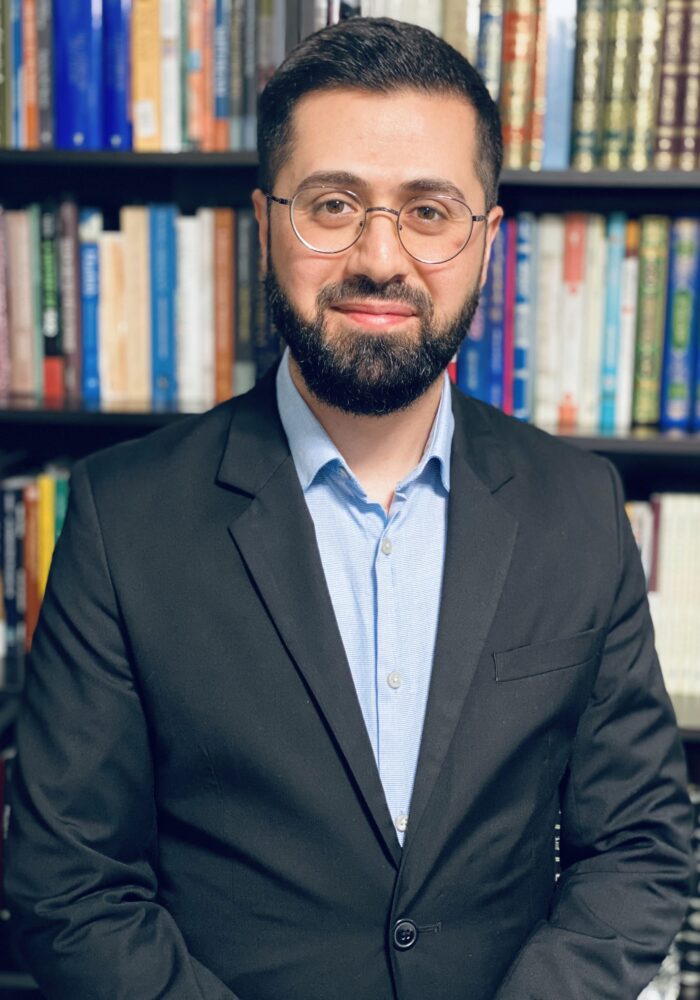
Hadi Qazwini is an educator and researcher. His scholarly interests are in Islamic intellectual history, with a focus on theology, law, and Imāmī Shīʿīsm. He completed his Ph.D. in Religious and Islamic Studies at the University of Southern California. His dissertation, titled “The Islamic Debate on Juristic In/Fallibility (al-takhṭiʾa wa al-taṣwīb) and the Construction of Competing Orthodoxies,” explores the intellectual and practical underpinnings of the debate in Islamic legal theory over whether all legal experts are correct (kullu mujtahid muṣīb). In addition to pursuing the academic study of Islam, Hadi obtained advanced training in the Shīʿī seminary (al-ḥawza al-ʿilmiyya) in Qum, Iran, specializing in the traditional study of Islamic thought and practice. He recently published a peer-reviewed article in Islamic Studies entitled “Heir of the Prophets: Veneration of Ḥusayn b. ʿAlī and the Socio-Religious Positioning of Twelver Shiism.” He is in the early stages of writing a book, tentatively titled Islam and the Problem of Truth: An Intellectual History. In addition to his scholarly work, Hadi serves in several non-profit organizations in the areas of higher education and international development and relief.

Rami Koujah is a PhD candidate in Near Eastern Studies at Princeton University. His dissertation is on the concept of personhood in Islamic law and legal theory. Rami earned his JD from Stanford Law School, MSt from Oxford University, and a joint BA/MA from UCLA.
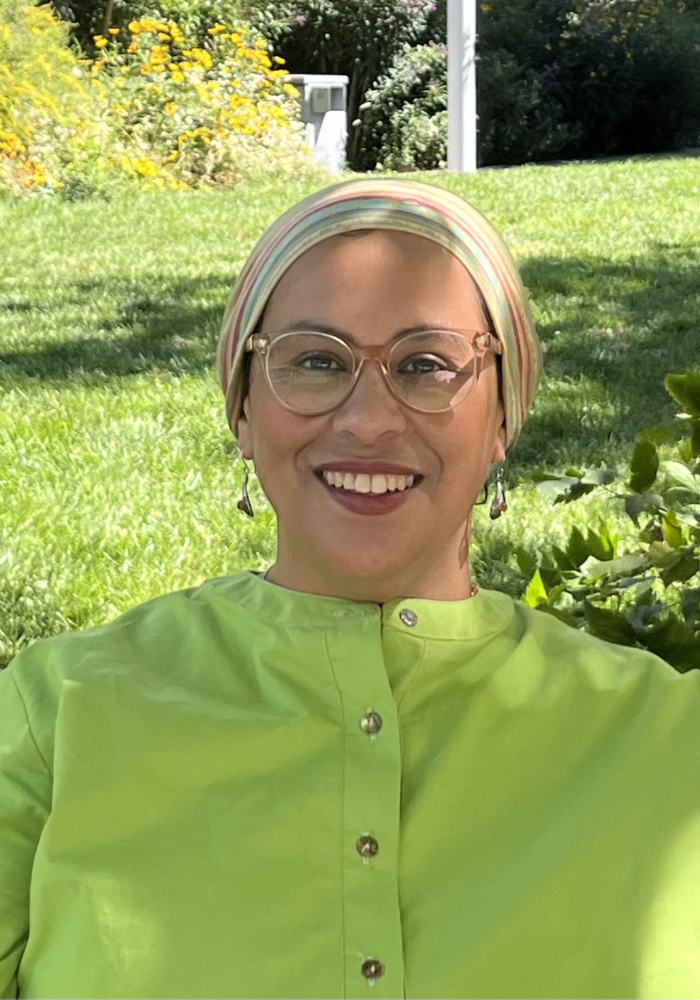
Fatima Essop is a Fellow at the Program on Law & Society in the Muslim World at Harvard Law School and an Advocate of the High Court of South Africa. She has practiced in the areas of public interest litigation, administrative law, environmental law, torts, and family law, and is an accredited family law mediator with experience in the area of Muslim family law.
Her current research focuses on the practice of Muslim family law, by the Muslim minority community in South Africa. She has undertaken socio-legal, empirical research in the areas of Islamic divorce and inheritance in order to identify the disparities between the theory of law and the lived reality of the law, as experienced by the Muslim community in South Africa.
Essop has a PhD from the University of Cape Town (UCT) where her thesis focused on the intersection between the Islamic laws of inheritance and the South African laws of inheritance, and has lectured on the Interpretation of Statutes in UCT’s Law Faculty. She also has a BA degree in Arabic and Islamic law from the International Peace College of South Africa and a Certificate in Islamic Finance from the ETHICA Institute of Islamic Finance based in the United Arab Emirates.
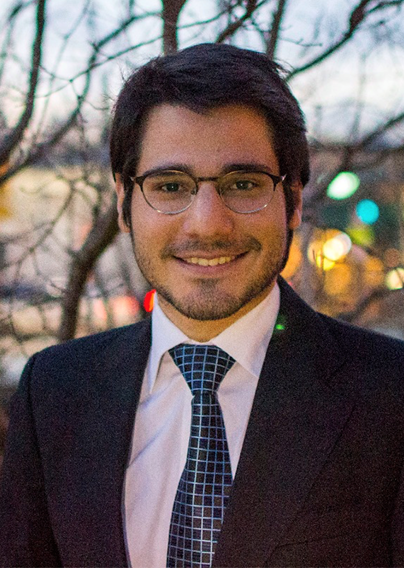
Cem Tecimer is an SJD Candidate at Harvard Law School.
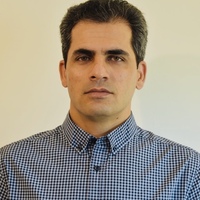
Shahrad Shahvand is a PhD Candidate in the Near Eastern Languages and Civilizations program at Harvard’s Graduate School of Arts and Sciences.
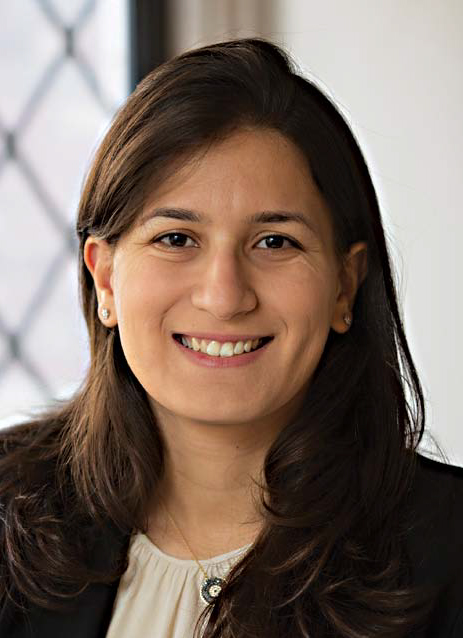
Hedayat Heikal is a Research Fellow at the Program in Islamic Law and a Climenko Fellow and Lecturer on Law at Harvard Law School. She served as a Research Scholar in Law and the inaugural Islamic Law and Civilization Research Fellow at Yale Law School, a Distinguished Visiting Professor at the American University in Cairo, as well as a Graduate Program Fellow at Harvard Law School. Her academic work focuses on comparative constitutional law, the rise of the administrative state, and Middle Eastern and Islamic law. Between 2009 and 2013, she practiced as a litigation, arbitration, and enforcement attorney at Cleary Gottlieb Steen & Hamilton LLP in New York, representing clients on a wide array of disputes and regulatory matters.
She recently completed a dissertation titled “Beyond Juristocracy: The Rise and Fall of Judicial Activism on National Identity Questions in the Middle East.”
Hedayat also holds a Doctor of Law (J.D.) magna cum laude from Harvard Law School and a Bachelor of Science (B.Sc.) summa cum laude from the American University in Cairo.